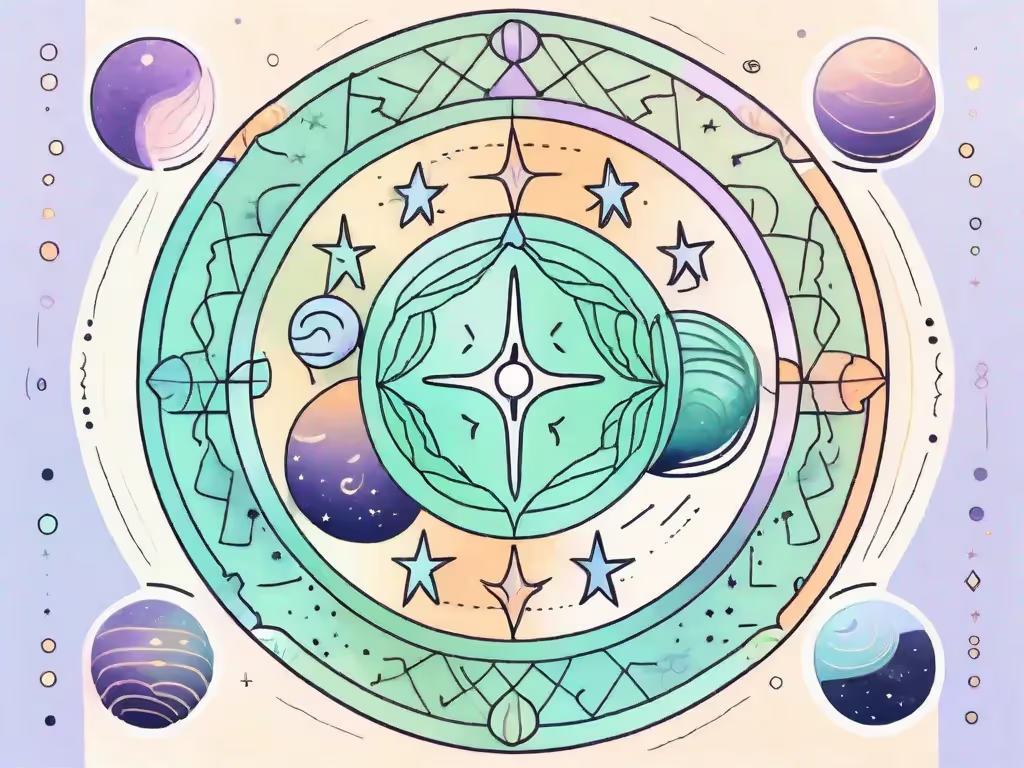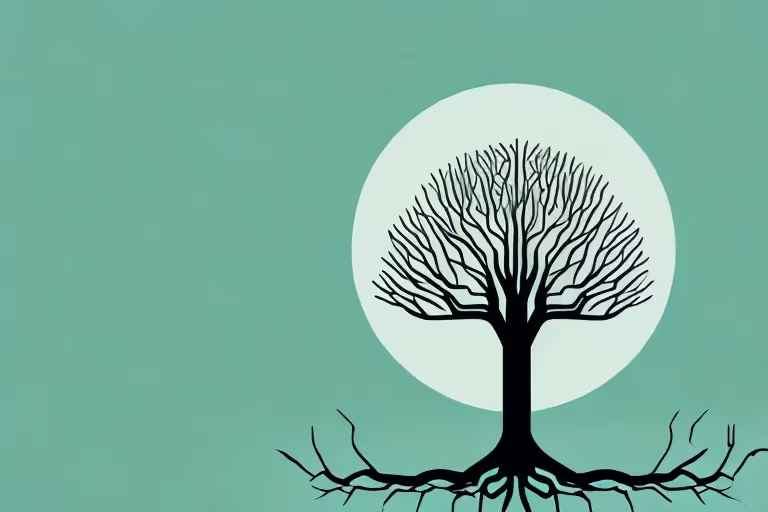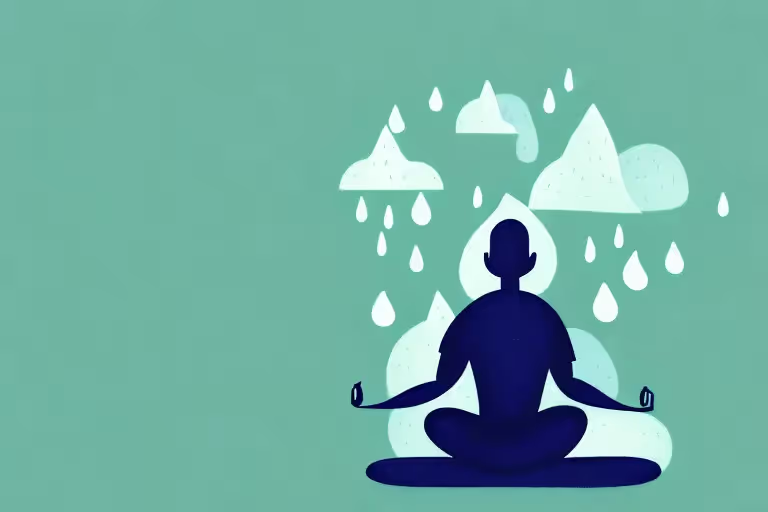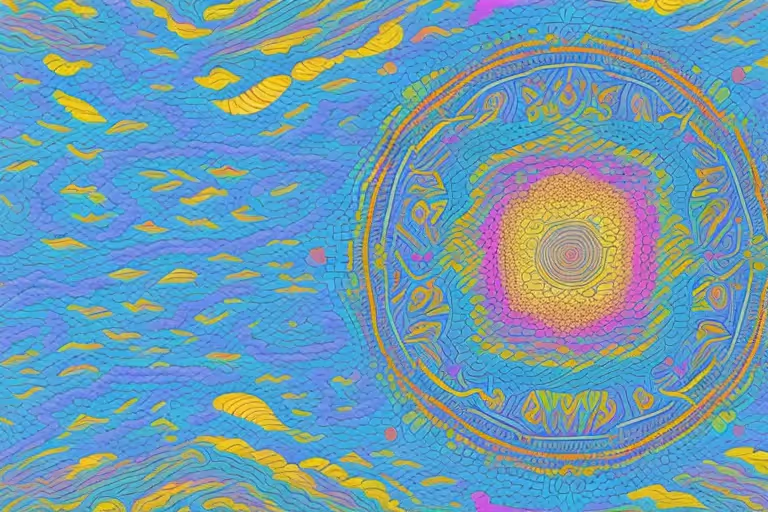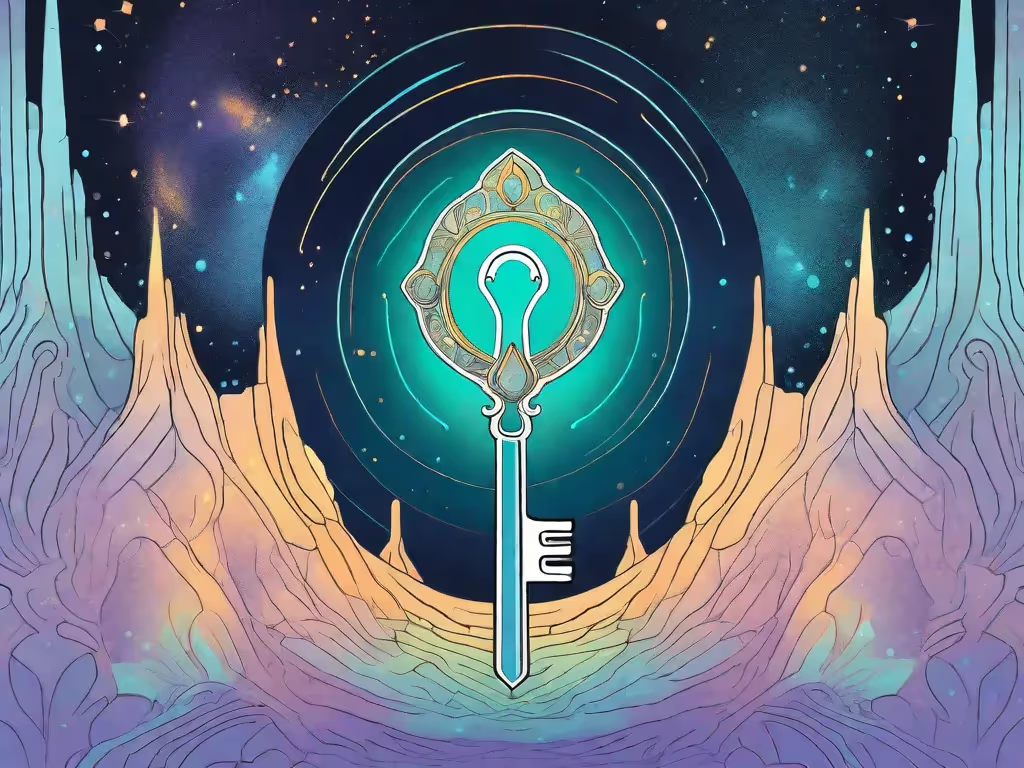There is a saying that goes, "holding onto a grudge is like drinking poison and expecting the other person to die." But why do some people choose to hold onto resentment instead of embracing the liberating power of forgiveness? In this article, we will explore the concept of grudges and forgiveness and delve into the reasons behind this choice. Join us on this thought-provoking journey as we examine the psychological and social impact of grudges, the transformative power of forgiveness, and the battle that takes place within us when faced with the decision to let go or hold on.
Understanding the Concept of Grudges
Grudges, a deeply rooted resentment or ill feeling towards someone, are a common phenomenon experienced by individuals in various aspects of life. Whether it is a personal dispute, a professional disagreement, or a social conflict, the act of holding onto grudges can have profound psychological and social implications.
The Psychological Impact of Holding Grudges
When we hold onto a grudge, we may think that we are punishing the other person, but in reality, we are only hurting ourselves. Recent data shows that clinging to resentment can have severe psychological consequences. It can increase stress levels, elevate blood pressure, and even lead to depression and anxiety. The heavy burden of holding onto negative emotions weighs us down and prevents us from experiencing true happiness.
Furthermore, the psychological impact of holding grudges extends beyond our emotional well-being. Research has shown that individuals who harbor grudges tend to have difficulty focusing on tasks, experience decreased productivity, and struggle with decision-making. The constant preoccupation with negative thoughts and feelings towards the person we hold a grudge against can consume our mental energy, leaving us mentally exhausted and less able to perform at our best.
The Social Consequences of Grudges
Grudges not only affect us individually but also seep into our relationships and social interactions. When we are consumed by resentment, it becomes difficult to trust others and build meaningful connections. Our anger and bitterness may manifest in passive-aggressive behaviors or even outright hostility. This negative energy repels people, making it challenging to form and maintain healthy relationships.
Moreover, the social consequences of holding grudges can extend beyond our immediate circle. When conflicts arise within communities or larger social groups, the ripple effects of grudges can be felt on a larger scale. It can lead to divisions, animosity, and a breakdown of trust among individuals, hindering progress and cooperation.
Additionally, the impact of holding grudges can extend to the workplace. When colleagues or superiors hold grudges against one another, it creates a toxic work environment. Collaboration and teamwork suffer, leading to decreased productivity and innovation. The negative atmosphere created by grudges can also lead to increased employee turnover and a decline in overall morale.
It is important to recognize that holding onto grudges is a choice that we make. While it may feel satisfying in the short term, the long-term consequences can be detrimental to our well-being and relationships. Learning to let go of grudges and practicing forgiveness can lead to emotional healing, improved mental health, and stronger social connections.
The Power of Forgiveness
Forgiveness is not a sign of weakness; rather, it is a testament to our strength and resilience. When we choose to forgive, we embark on a journey of healing. By releasing the grip of resentment, we allow ourselves to heal emotionally and break free from the chains of the past. Forgiveness enables us to move forward, let go of negative emotions, and find inner peace.
But what does the healing process of forgiveness truly entail? It is not a simple act of saying the words "I forgive you." It is a complex and deeply personal journey that requires self-reflection, empathy, and a willingness to let go of the pain that has been holding us back.
One aspect of the healing process is acknowledging and understanding the pain that we have experienced. It requires us to confront our emotions head-on, to delve deep into the wounds that have been inflicted upon us. This can be a painful and challenging process, but it is necessary for true healing to occur.
Another crucial step in the healing process is cultivating empathy and compassion. Forgiveness is not about condoning the actions of others; it is about understanding that everyone is flawed and capable of making mistakes. By putting ourselves in the shoes of those who have hurt us, we can gain a new perspective and find it within ourselves to extend forgiveness.
Furthermore, forgiveness requires us to let go of the need for revenge or justice. It is about relinquishing our desire to see the other person suffer as we have suffered. This can be particularly difficult, especially if the pain we have endured is severe. However, by releasing this need for vengeance, we can free ourselves from the cycle of anger and resentment.
The healing power of forgiveness extends beyond ourselves and has a profound impact on our relationships. When we choose forgiveness, we create a space for empathy, compassion, and understanding to flourish. It allows us to rebuild trust, mend broken bonds, and foster deeper connections with those around us.
Forgiveness can transform even the most broken relationships. It opens the door for honest communication, vulnerability, and growth. By forgiving others, we give them the opportunity to reflect on their actions, take responsibility, and make amends. In turn, this can lead to a stronger, more resilient bond built on mutual understanding and forgiveness.
Moreover, forgiveness has the power to break the cycle of hurt and pain. When we choose to forgive, we break free from the chains of the past and create a brighter future. It allows us to let go of negative emotions that have been weighing us down and inhibiting our personal growth.
In conclusion, forgiveness is a powerful force that can bring about healing, both individually and in our relationships. It is a journey that requires courage, self-reflection, and a willingness to let go. By choosing forgiveness, we can find inner peace, rebuild broken relationships, and create a more compassionate and understanding world.
The Reasons Behind Choosing Resentment
The Role of Pride in Choosing Resentment
Pride can be both a driving force and a hindrance when it comes to choosing resentment over forgiveness. On one hand, pride may convince us that holding onto grudges is a sign of strength and self-protection. We may believe that forgiving someone means condoning their actions. However, pride can also blind us to the profound benefits of forgiveness and prevent us from experiencing personal growth and liberation.
The Fear Factor: How Fear Contributes to Resentment
Fear plays a significant role in the decision to hold onto resentment. We fear being hurt again, betrayed, or taken advantage of. This fear creates a barrier that prevents us from fully embracing forgiveness and moving forward. However, it is essential to recognize that holding onto resentment does not protect us from future pain; instead, it keeps us trapped in a cycle of negativity.
The Battle Between Grudges and Forgiveness
The Internal Struggle: Grudges vs. Forgiveness
Choosing between grudges and forgiveness can feel like an internal battle. On one side, there's the comfort of anger and the belief that holding onto resentment gives us power. On the other hand, there's the desire for peace, emotional well-being, and the freedom that forgiveness offers. It is within this internal struggle that our true character is tested, and the choice we make shapes our lives and relationships.
The External Manifestations: How Grudges and Forgiveness Affect Interpersonal Relationships
The decision to hold onto grudges or embrace forgiveness profoundly impacts our relationships. When we choose resentment, it alters our behavior, creating a barrier between us and those we care about. It can lead to arguments, distrust, and fractured connections. Conversely, forgiveness strengthens relationships, fosters understanding, and allows love and compassion to flourish.
Moving Beyond Resentment: Steps Towards Forgiveness
Acknowledging the Pain: The First Step Towards Forgiveness
The journey towards forgiveness begins with acknowledging the pain and understanding its impact on our lives. By recognizing the hurt we've experienced, we can start the process of healing and letting go. It is through this acknowledgment that we make space for forgiveness to enter our hearts and minds.
The Role of Empathy in the Journey of Forgiveness
Empathy is a powerful catalyst for forgiveness. It allows us to step into the shoes of the person who has hurt us and see the world from their perspective. This empathy doesn't excuse their actions but helps us understand the complexity of human nature. By cultivating empathy, we open ourselves up to the possibility of forgiving and release the burden of resentment.
So, why do some choose resentment over forgiveness? Perhaps it is the fear of vulnerability, the unwillingness to let go, or the misconception that revenge will bring satisfaction. However, by embracing forgiveness, we open ourselves up to inner healing, stronger relationships, and personal growth. Let us choose forgiveness and free ourselves from the shackles of grudges.
On a similar note, Aura Health App provides valuable resources for cultivating forgiveness, managing emotions, and finding inner peace. By using their guided meditations and mindfulness exercises, you can embark on a transformative journey towards forgiveness and emotional well-being.
Aura is Your All In One App for Meditation, Mindfulness Wellbeing
Find peace every day with one app for your whole well-being. There is no one-size-fits-all solution to mental well-being. Aura is the first all-in-one wellness app that learns how to best help you. Discover an endless library of expert-created tracks for your well-being, all taught by the world’s best coaches, therapists, and storytellers. With Aura's personalized recommendations, you can find peace every morning, day and night.



.webp)





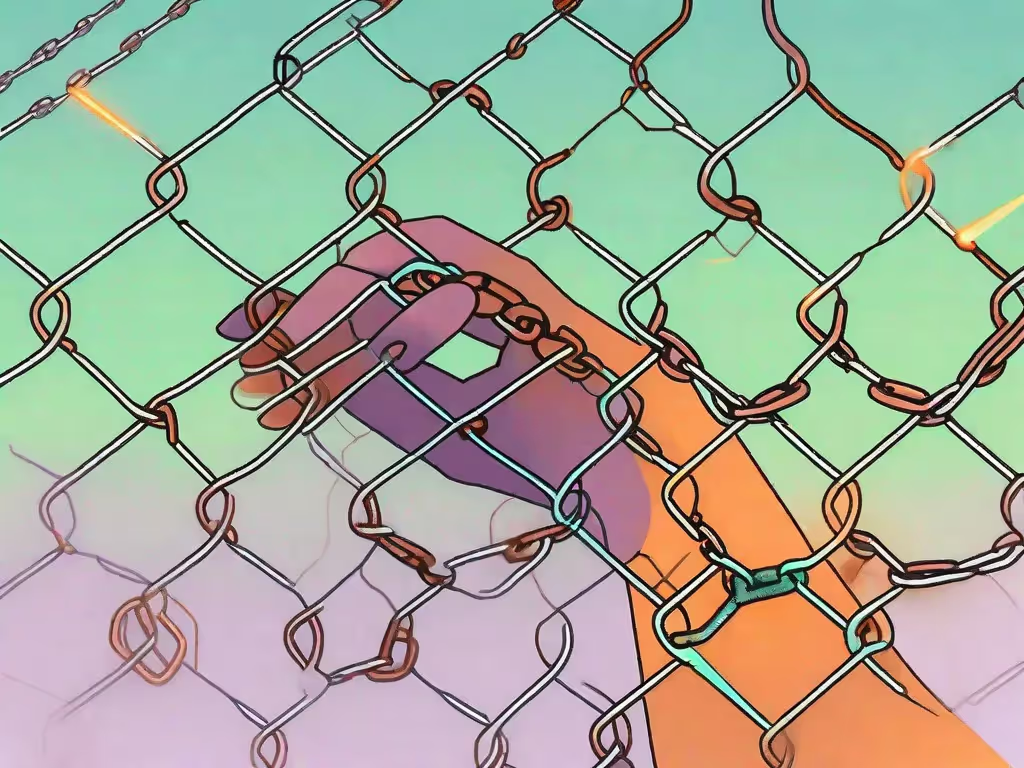
.avif)

%20(1).avif)


.avif)
.avif)
.webp)


.avif)


















































































































.avif)

















.svg)

